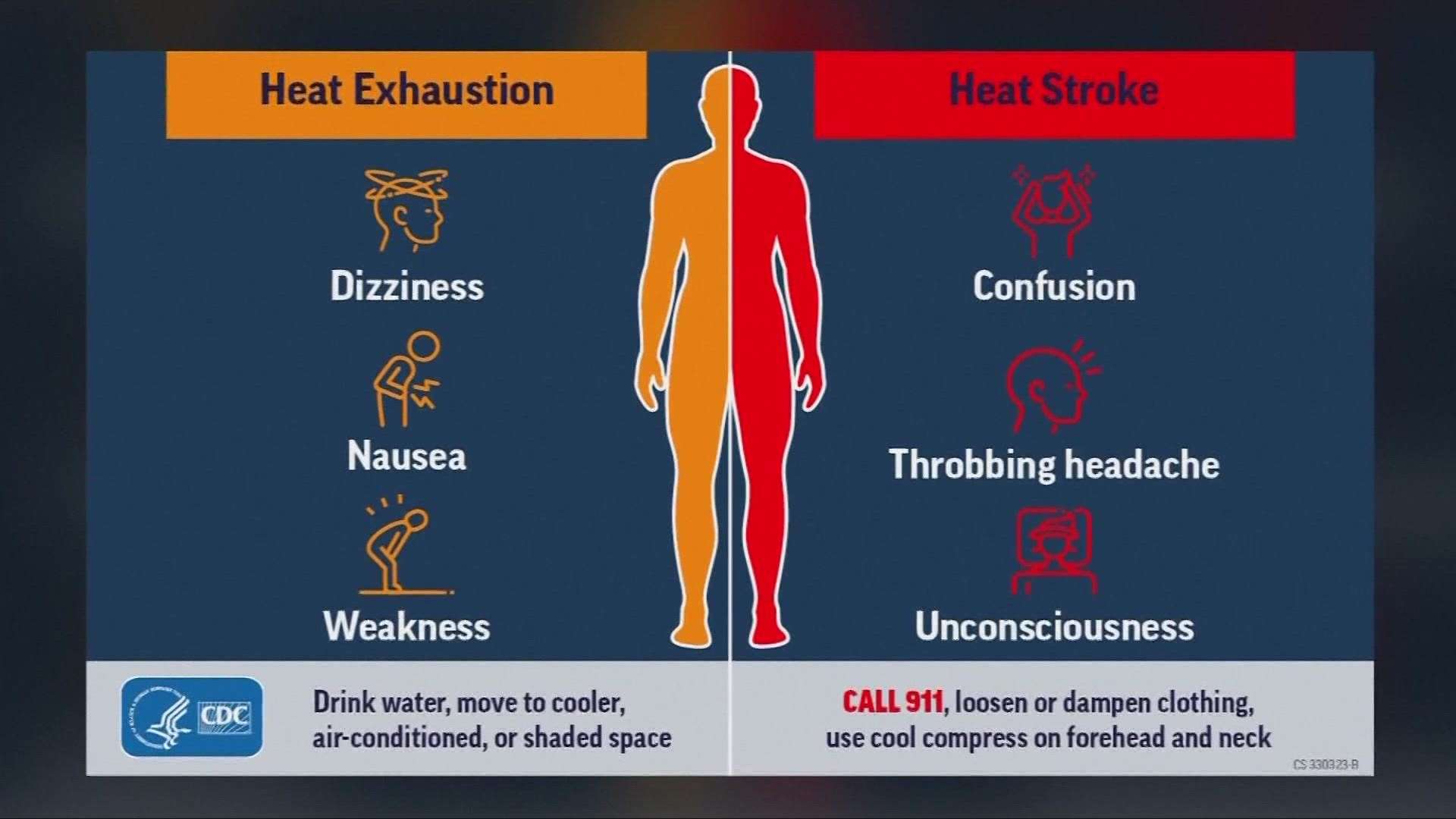
MARC JACOBS
Hutch Post
HUTCHINSON, Kan. — With scorching temperatures in the forecast, a local emergency room physician is urging residents to know the warning signs of heat-related illnesses — and how to respond before it becomes life-threatening.
“Anyone spending time outside right now is at risk for heat stress,” said Dr. Matt Turner, who works in the emergency departments at Hutchinson Regional Medical Center (HRMC) and Via Christi in Wichita. “Knowing the difference between heat exhaustion and heat stroke — and when to seek help — can save lives.”
Prevention is Key
Dr. Turner emphasized that prevention starts with common sense precautions: wear light clothing, stay hydrated, and take breaks in shaded or air-conditioned areas. “You have to be mindful of your environment,” he said. “If you're doing physical activity outdoors, listen to your body and take regular breaks.”
Recognizing the Signs

Initial symptoms of heat exhaustion include:
- Heavy sweating
- Headache
- Nausea or vomiting
- Dizziness
- Weakness
- Decreased urination
But when the body overheats further, symptoms can escalate into heat stroke — a medical emergency.
Warning signs of heat stroke include:
- Cessation of sweating
- High body temperature
- Confusion or altered mental status
- Rapid breathing
- Unconsciousness
“If you stop sweating, haven't gone to the bathroom in six or seven hours, or you're feeling disoriented — those are red flags,” Dr. Turner said.
Immediate Care Measures
The first step in treating both heat exhaustion and preventing progression to heat stroke is to get out of the heat. “Move to a cool environment, hydrate, and try to lower your body temperature,” Dr. Turner said. Using cool, wet cloths or taking a cold shower can help.
However, if symptoms persist — especially confusion, high fever, or unconsciousness — emergency medical attention is critical. “Those are clear signs that you need to come to the ER immediately.”
A Commitment to Rural Care
Dr. Turner, who splits his time between Via Christi and HRMC, says he feels a personal responsibility to help underserved communities. “I started coming up to Hutch in 2018 to help with staffing shortages,” he said. “I’ve always liked the community here. It’s a tight-knit ER group, and when they needed help again over the last couple of years, I wanted to be there.”
As dangerous heat continues across the state, he hopes the public will take heat illness seriously — and act quickly if symptoms arise.
“Heat stroke is no joke,” he said. “The faster we treat it, the better the outcomes.”





